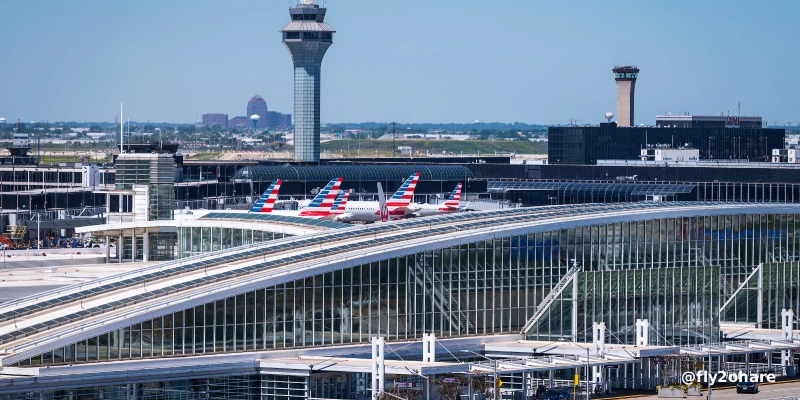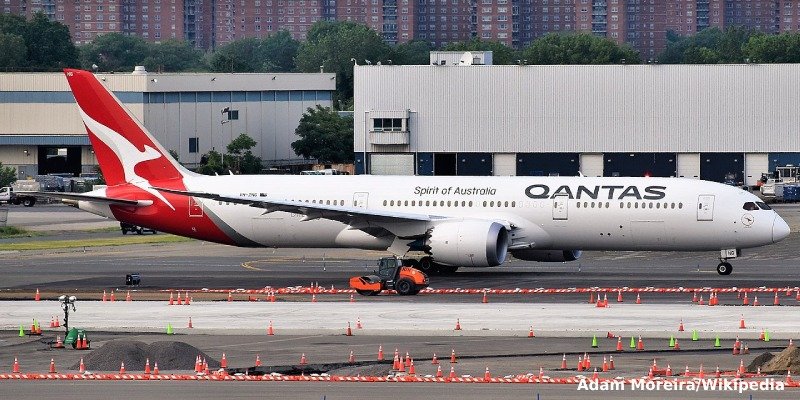Air India has launched an intense campaign urging Indian government authorities to block the renewal of the aircraft leasing contract between its competitor IndiGo and Turkish Airlines. According to a source and a document accessed by Reuters, the Tata Group-owned airline argues that this agreement negatively impacts the aviation sector and poses safety risks, especially in the current geopolitical context.
A Controversial Lease
Since 2023, IndiGo has maintained a leasing agreement with state-backed Turkish Airlines. As part of the deal, Turkish provides two aircraft, pilots, and part of the crew to operate flights between New Delhi and Istanbul, as well as between Mumbai and Istanbul. Although initially approved on emergency grounds—as permitted by Indian regulations for six-month periods—the agreement has been renewed, with the latest extension set to expire on May 31. IndiGo has already requested another renewal.
Air India has asked the country’s Ministry of Civil Aviation not to allow another extension of this arrangement. In the document submitted to various government agencies, it claims the measure “benefits Turkey and harms India’s aviation sector.” Additionally, it highlights that the increased seat capacity to Turkey has boosted tourism to the country, reinforcing its stance that the deal disproportionately favors the Eurasian nation.
→ Air India CEO: Aircraft Shortage to Persist for Several Years
Diplomatic Repercussions
The pressure from Air India is not solely economic. The airline has capitalized on growing public discontent in India over Turkey’s support for Pakistan in the Indo-Pakistani conflict. Following attacks in Kashmir—which India blamed on Pakistani militants, accusations Pakistan denies—Turkey voiced support for Islamabad’s “calm and restrained policies.” This sparked widespread backlash in India, including mass cancellations of trips to Turkey.
Tensions escalated when the Indian government revoked security clearance for Turkish ground services company Celebi on Thursday. Murlidhar Mohol, India’s Junior Civil Aviation Minister, stated on social media platform X: “We have received requests from across India to ban Celebi… Recognizing the seriousness of the issue and the need to safeguard national interests, we have taken action.”
IndiGo’s Perspective
In contrast, IndiGo defends its partnership with Turkish Airlines. In an official statement, the airline said its collaboration, which includes a codeshare agreement since 2018, “brings multiple benefits to Indian travelers,” boosts sector growth, and creates jobs. It also claims the alliance has enabled expansion into long-haul markets in Europe and the U.S., where Air India also competes.
Due to global delays in aircraft deliveries from Boeing and Airbus, both IndiGo and Air India have had to seek alternative solutions to maintain operational capacity, adding further weight to the debate over the legality and advisability of such agreements.
Geopolitics in Aviation
Beyond commercial implications, Air India argues the agreement represents a “loss of business for India’s aviation sector,” as profits from long-haul flights partially flow to Turkish Airlines. The document emphasizes that this additional economic activity strengthens the Turkish carrier’s financial position, creating an imbalance in regional competition.
As the government deliberates whether to grant IndiGo another extension, the case underscores how air routes have become a battleground for national, economic, and diplomatic interests. What carries more weight: the need to maintain international connectivity or the protection of domestic markets and the country’s strategic interests?
Related Topics
American Airlines Becomes First U.S. Airline to Integrate Boarding Passes into Samsung Wallet
FAA Proposes Flight Reductions at Chicago O’Hare to Avert Summer Operational Collapse
Qantas announces new route: Sydney and Las Vegas to be Connected for First Time via Direct Flights
FAA Issues Airworthiness Directive for Boeing 737 MAX Due to Risk of Excessive Cabin Temperatures

Plataforma Informativa de Aviación Comercial con 13 años de trayectoria.




